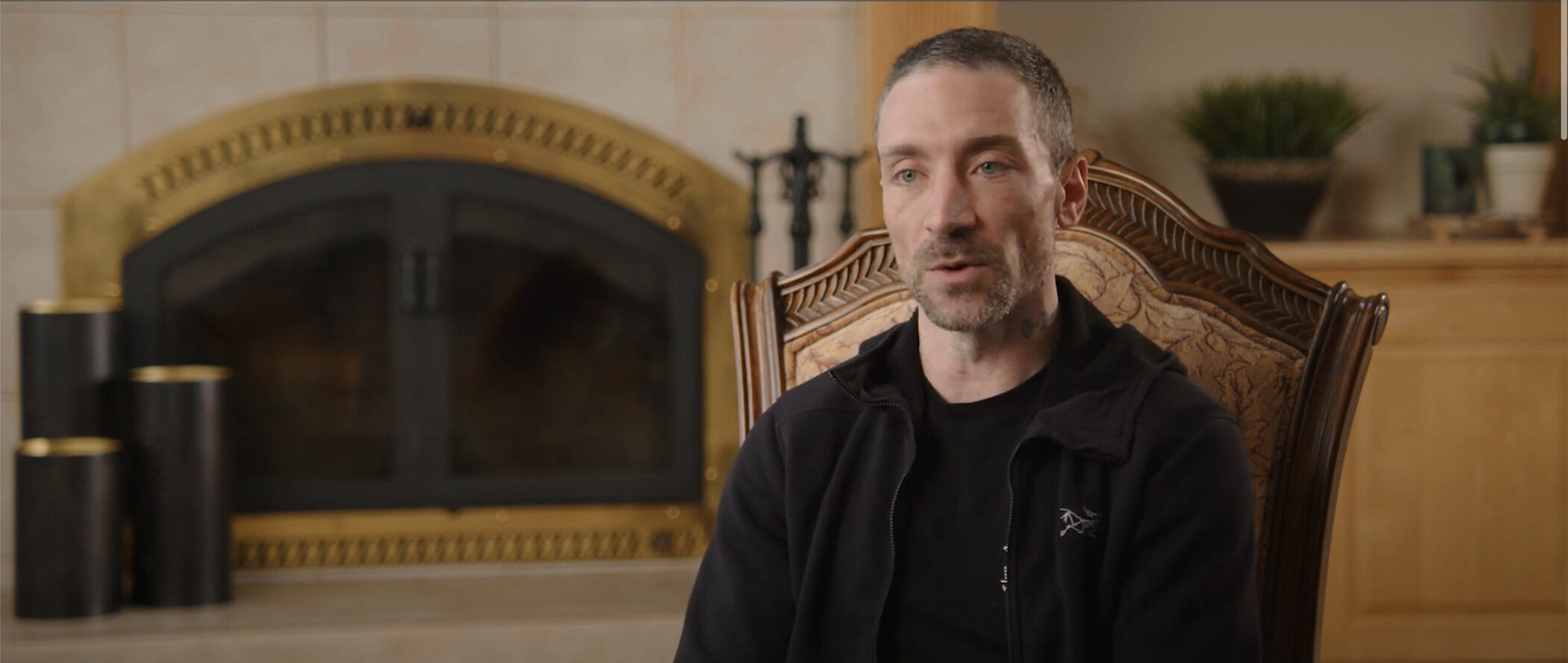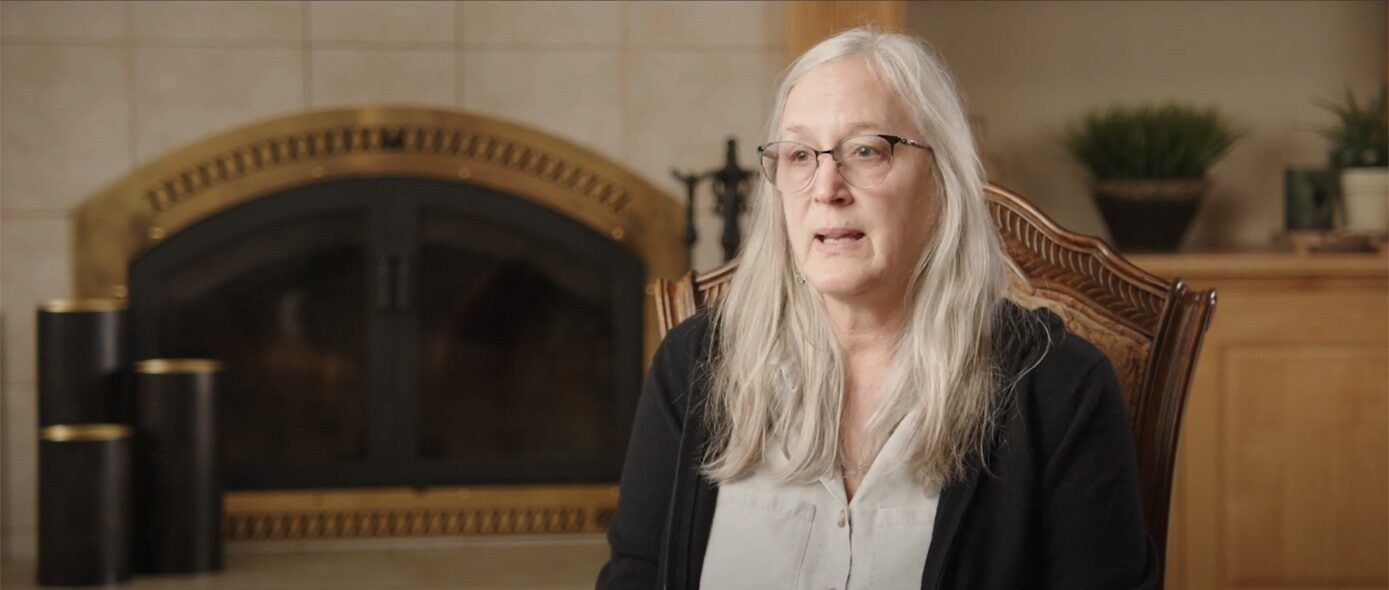The United State has many laws protecting the rights of injured or killed maritime workers and their families. One of these laws is the Death on the High Seas Act. Passed in 1920, this act allows surviving family members to seek compensation for the wrongful death of a loved one killed at sea.
You may be able to seek compensation under DOHSA if your loved one’s wrongful death took place in international waters. Doing so will not be an easy process, and will require the guidance of a proven and experienced maritime lawyer.
Oregon, Washington, California and Alaska Wrongful Death Maritime Attorney
The attorneys at BOATLAW, LLP have earned an outstanding reputation for their work in maritime personal injury. We understand how uncertain these times can be, which is why we want to help.
Schedule a time to speak with us more about your case. Call 1-800-262-8529. BOATLAW, LLP is based in Portland, Oregon but also represents those along the western coast of the United States in Washington, California and Alaska.
Information Center
- What is the Death on the High Seas Act?
- Beneficiaries under DOHSA
- What Damages can be Recovered Under DOHSA?
- Statute of Limitation
- Additional Resources
What is the Death on the High Seas Act?
A death caused by a natural disaster or a freak accident will not constitute a valid claim under DOHSA. The wrongful death must have taken place at least three miles from the United States shoreline, and it must have been caused by negligence or unseaworthiness.
Negligence is considered the failure to behave within a level of care a reasonable person would have exhibited under the same circumstances. Negligence can include requiring seamen to work in hazardous weather or failing to provide appropriate safety equipment.
Unseaworthiness is similar to negligence, except it deals with the vessel. Unseaworthiness doesn’t necessarily mean the ship is incapable of sailing. Instead, a ship is considered unseaworthy if it lacks the necessary equipment, maintenance, crew and design needed to operate properly.
There have been situations where an injured sailor dies while a maritime personal injury claim is pending. When this happens, the personal representative of the deceased may step in as the plaintiff and seek compensation under DOHSA.
Beneficiaries Under DOHSA
As with all wrongful death cases, only certain individuals can benefit from a claim. Under DOHSA, only financially dependent relatives of the deceased can benefit under the act. Listed below are the relatives who can benefit from DOHSA.
- Surviving Spouse: This includes the wife or husband married to the deceased at their time of death. Common law spouses can also be considered a surviving spouse, but only if the marriage meets the definition of a common law marriage in the state where the claim is filed.
- Children: This includes biological children, step-children and adopted children
- Parents: Only parents who were financially dependent on the deceased sailor can benefit under DOHSA
- Siblings: As with parents, only dependent siblings can benefit from the act.
What Damages Can Be Recovered Under DOHSA?
To prevail in a DOHSA claim, you must prove the negligence of an employer; ship owner or co-worker resulted in the wrongful death of your loved one. You may be able to seek compensation for the following damages under DOHSA:
- Loss of service
- Financial support
- Loss of inheritance
- Nurture to depended children
- Funeral costs
- Pre-death pain and suffering
Because DOHSA only allows recovery for pecuniary damages, non-pecuniary damages cannot be compensated. Non-pecuniary damages include grief, mental anguish, loss of society and consortium.
Statute of Limitation
There is a statute of limitation when it comes to filing under DOHSA. The claim must be filed with three years from the sailor’s death. However, the statute of limitation may be reduced per a ticker contract if the deceased was killed while traveling as a passenger aboard a cruise ship.
For instance, according to the ticket contract for Carnival Cruise Line, the company is not liable for any death claims unless the claim is filed with Carnival within 185 days from the day of death.
Additional Resources for Death on the High Seas Act
Death on the High Seas | U.S. Code – Follow the link provided to read the full text of DOHSA. You can learn more about when the act applies, contributory negligence and about commercial aviation accidents. The act can be read on the official website of Cornell Law School.
Vessels and Seamen | U.S. Code – Visit the official website of Cornell Law School to read the section of the United State Code governing federal guidelines for vessels and seamen. You can learn about reporting marine casualties, required boating safety and penalties if a ship fails to follow the necessary guidelines.
Death on the High Seas Maritime Lawyer in Oregon, Washington, California and Alaska
Whether your loved one was a commercial fisherman, barge worker or simply a passenger, BOATLAW, LLP is here to help. Navigating the rules and regulations set forth for maritime law is a complicated process, and shouldn’t be done without the help of an experienced maritime attorney.
Call 1-800-262-8529 to schedule a confidential consultation. We represent the loved ones of maritime workers in Oregon, Washington, California and Alaska.











